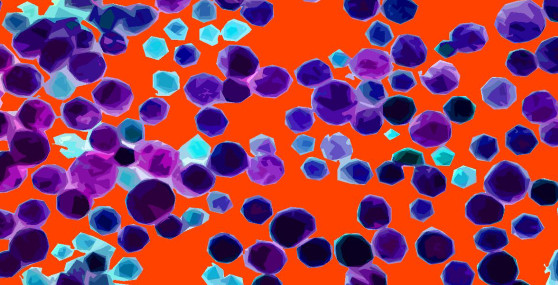
- What is it?
Herpes is an STI caused by two types of viruses. The viruses are called herpes simplex virus type 1 (HSV-1 or oral herpes) and herpes simplex virus type 2 (HSV-2 or genital herpes). This virus affects the external genitalia, anal region, mucosal surfaces, and skin in other parts of the body. Herpes sores usually appear as one or more blisters on or around the genitals, rectum or mouth. - How do you get Herpes?
You can get genital herpes by having unprotected vaginal, anal, or oral sex with someone who has the disease. You can also become infected by sharing sex toys or having genital contact with an infected person. You can get infected if you come into contact with the herpes virus in saliva too if your partner has an oral herpes infection. - How soon will symptoms appear?
Most people do not experience symptoms for months or years after becoming infected. Those who do have symptoms during the initial period will usually notice them about 4 days after exposure (the average range is 2-12 days). - What are the symptoms?
Most people who have herpes have no symptoms, or have very mild symptoms. Herpes sores usually appear as one or more blisters on or around the genitals, rectum or mouth. The blisters break and leave painful sores that may take a week or more to heal. The symptoms can be quite severe during the initial outbreak and may include: blisters and ulceration on external genitalia, in the vagina, or on the cervix; vaginal discharge; pain and itching; tender, enlarged lymph nodes; pain when urinating; high temperature; malaise (feeling unwell); cold sores around the mouth; red blisters on the skin. People who experience an initial outbreak of herpes can have repeated outbreaks, especially if they are infected with genital herpes. Repeat outbreaks are usually shorter and less severe than the first outbreak. Although the infection stays in the body for the rest of your life, the number of outbreaks and severity of symptoms may decrease over time. - Testing and treatment.
Your healthcare provider may diagnose herpes by simply looking at your symptoms. Providers can also take a sample from the sore(s) and test it. In certain situations, a blood test may be used to look for herpes antibodies. There is no cure for herpes. However, there are medicines that can prevent or shorten outbreaks. One of these anti-herpes medicines can be taken daily, and makes it less likely that you will pass the infection on to your sex partner(s). - How do I reduce my risk of getting Herpes?
You can reduce the risk by being in a long-term mutually monogamous relationship with a partner who is not infected. Using latex condoms correctly every time you have sex will also reduce the risk. Be aware that not all herpes sores occur in areas that are covered by a latex condom. Also, the herpes virus can be shed from areas of the skin that do not have a visible herpes sore. For these reasons, condoms may not fully protect you from getting herpes.

